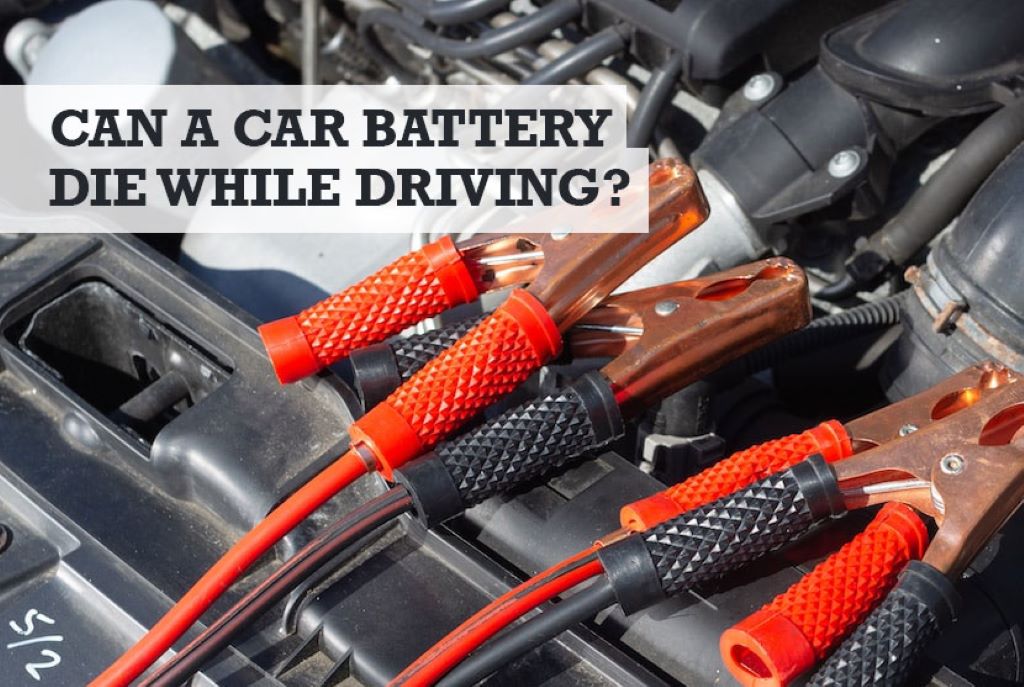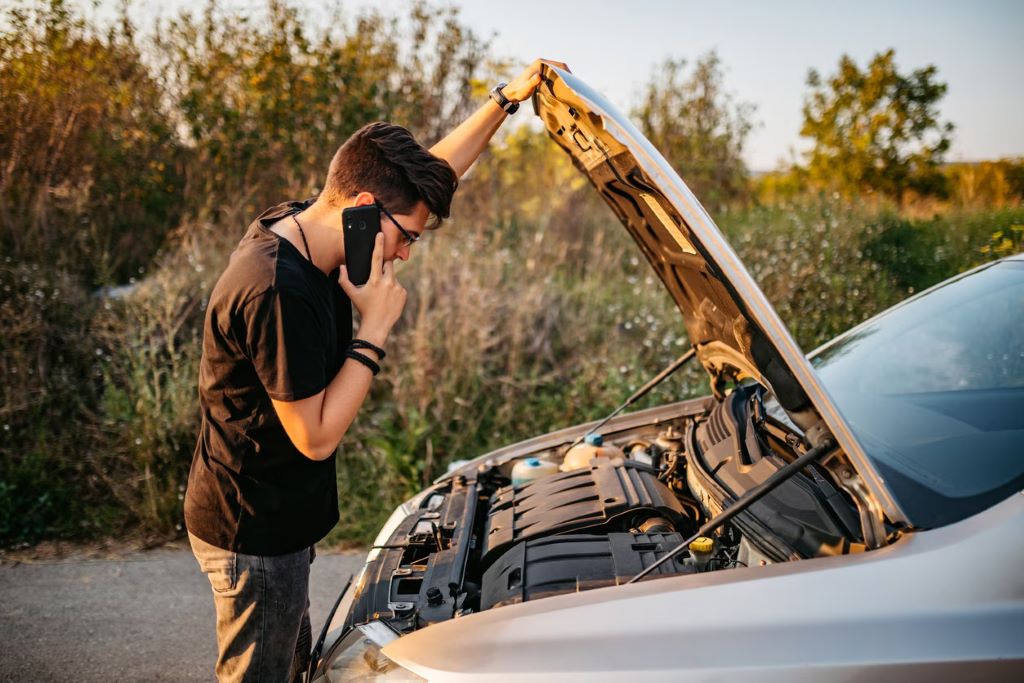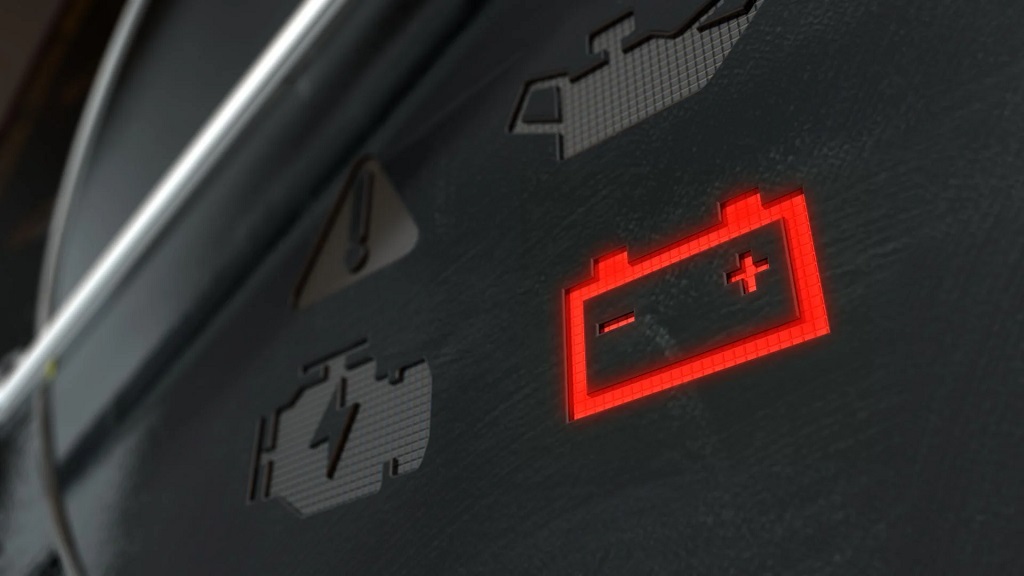Car batteries are an essential component of a vehicle’s electrical system. They provide the necessary power to start the engine and run various electrical systems, such as lights, radio, and air conditioning. Complete automotive care at https://ourautocity.com/ ensures that your car batteries are well-maintained and ready to go. However, just like any other part of a car, a car battery can fail at any time.
One common concern among drivers is whether their car battery can die while driving. This article will explore this question and provide all the necessary information to keep your car battery in good condition.
Understanding Car Batteries
Before we dive into whether car batteries can die while driving, it is essential to understand how they work. Car batteries are rechargeable devices that store electrical energy using chemical reactions. They consist of an electrolyte solution, lead plates, and terminals. When you turn the key in the ignition, a chemical reaction occurs in the battery, creating electricity that starts your engine.
As you drive, your car’s alternator recharges the battery and keeps it at full capacity. However, if there is an issue with your car’s electrical system or if the battery is old and worn out, it may not be able to hold a charge, resulting in a dead battery.
Can Car Batteries Die While Driving?
The answer to this question is both yes and no. Let’s explore the scenarios in which your car battery can die while driving.
Scenario 1: Battery Already Weak
If your car battery is already weak due to age or other factors, it may be unable to hold a charge for an extended period. In this case, if you drive long distances without turning off your engine, the battery may not have enough juice to keep running.
Your car’s electrical systems will start shutting down one by one as the battery depletes, and eventually, your car will come to a complete stop. This scenario is more likely to happen in older cars or those with weak batteries. However, it’s worth noting the benefits of cars at https://ourautocity.com/electric-and-hybrid-cars/benefits-of-hybrid-and-electric-cars/. They offer improved fuel efficiency, reduced emissions, and a smoother driving experience.
Scenario 2: Alternator Failure
As mentioned earlier, the alternator is responsible for recharging your car’s battery while you drive. If the alternator fails, your car will rely solely on the battery to power all its electrical systems. This can quickly drain a weak battery and cause it to die while driving.
To prevent this, it is essential to maintain your car’s alternator regularly and have it checked if you suspect any issues. Ignoring a faulty alternator can lead to costly repairs and potentially put you in a dangerous situation if your battery dies while driving.
Scenario 3: Extreme Temperatures
Extreme temperatures, both hot and cold, can also affect the performance of your car battery. In extremely hot weather, the battery’s electrolyte solution can evaporate, causing damage to the internal plates and reducing its lifespan.
On the other hand, in freezing temperatures, the chemical reactions inside the battery slow down, making it harder for it to provide enough power to start your car. If you are driving in extreme temperatures and have a weak or old battery, there is a higher chance of it dying while driving.
Scenario 4: Electrical System Issues
If there are any issues with your car’s electrical system, such as faulty wiring or a short circuit, it can put additional strain on your battery. This can cause the battery to die while driving, especially if you have been using multiple electrical components simultaneously.
It is crucial to address any electrical issues in your car promptly to avoid putting unnecessary strain on the battery and potentially causing it to die.
How To Prevent Your Car Battery From Dying While Driving
Now that we have explored the different scenarios in which your car battery can die while driving let’s look at some preventive measures you can take.
- Regular Maintenance: It is essential to have your car’s battery checked and maintained regularly. This includes cleaning the terminals, checking the electrolyte levels, and ensuring no corrosion.
- Replace Old Batteries: Car batteries typically last around 3-5 years, depending on usage. If your battery is approaching this age or is showing signs of wear, it may be time to replace it before it causes any issues.
- Check Electrical System: As mentioned earlier, a faulty electrical system can put a strain on your battery and cause it to die. Regularly check for any issues and have them fixed promptly.
- Avoid Extreme Temperatures: If possible, try to avoid driving in extreme temperatures, as they can affect the performance of your car battery. If you live in an area with harsh weather, consider investing in a battery with higher cold cranking amps (CCA) to help combat the effects of extreme temperatures.
- Turn Off Unnecessary Electrical Components: To reduce strain on your car’s battery, turn off any unnecessary electrical components while driving. This includes lights, radio, and air conditioning.
Conclusion
So, can a car battery die while driving? The answer is yes, but it doesn’t happen often in EPA car modification; it usually occurs due to an old or weak battery, alternator failure, extreme temperatures, or electrical system issues. Regularly maintaining your car’s battery and electrical system and taking preventive measures can reduce the chances of your car battery dying while driving.
FAQs
How long does a car battery typically last?
Car batteries usually last between 3-5 years, depending on usage and maintenance.
Can extreme temperatures affect my car battery?
Yes, both hot and cold temperatures can affect the performance of your car battery.
Will a faulty alternator cause my battery to die while driving?
If your alternator fails, it can lead to a dead battery while driving as it is responsible for recharging the battery.
How can I tell if my car’s electrical system has issues?
Look out for warning signs such as flickering lights, slow cranking when starting your car, or frequent blown fuses.
Can I jumpstart my car if the battery dies while driving?
If your car’s battery dies while driving, you may be able to jumpstart it and continue driving.



